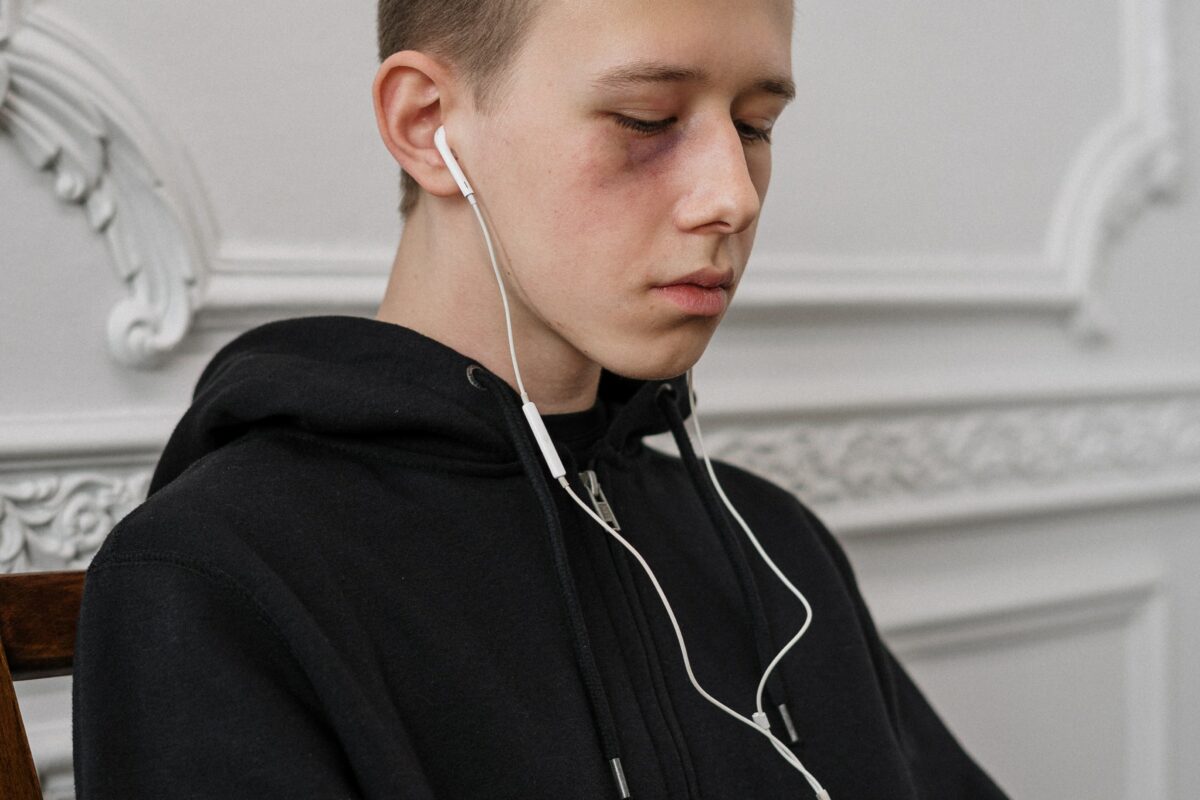
The mental health impacts of a cancer diagnosis
The mental health impacts of a cancer diagnosis
Teenagers and young adults diagnosed with cancer face unique challenges that can significantly impact their mental health. Coping with the physical and emotional aspects of cancer treatment during a crucial period of personal and social development can be overwhelming. Here are some key points to consider regarding mental health and teenagers with cancer:
1. Emotional Impact:
- Fear and Anxiety: The fear of the unknown, pain, and uncertainty about the future can cause significant anxiety.
- Depression: Teenagers may experience depression due to the disruption of their normal lives, isolation from peers, and concerns about their appearance.
- Anger and Frustration: Feelings of anger, frustration, and helplessness are common responses to the diagnosis and treatment process.
- Grief and Loss: Coping with the loss of their regular teenage experiences, such as school, social events, and hobbies, can lead to grief.
2. Social Isolation:
- Peer Relationships: Maintaining friendships can be challenging due to physical changes, treatment schedules, and emotional strain.
- School Life: Falling behind in school and missing out on important events can make them feel isolated from their peers.
- Stigma: Some teenagers might face stigma or misunderstandings from others due to their illness.
3. Family Dynamics:
- Family Stress: A cancer diagnosis can put a strain on family relationships due to increased stress, financial burden, and emotional toll.
- Role Changes: Roles within the family might shift, and the young person might struggle with dependency issues.
4. Coping Mechanisms:
- Positive Coping: Encouraging healthy coping mechanisms like talking to therapists, engaging in support groups, or creative outlets (art, music) can help.
- Encouraging Communication: Open communication within the family and with healthcare professionals can alleviate some of the emotional burden.
5. Long-term Effects:
- Post-Traumatic Stress: Some teenagers might develop post-traumatic stress symptoms following the cancer experience.
- Transition to Survivorship: After treatment, transitioning back to normal life can be both exciting and stressful, with concerns about recurrence and long-term effects of treatment.
6. Supportive Interventions:
- Therapeutic Support: Therapy, including cognitive-behavioural therapy (CBT) and counselling, can be invaluable in addressing emotional challenges.
- Peer Support: Connecting teenagers with cancer survivors of similar age can provide a sense of belonging and understanding.
- Education and Awareness: Raising awareness in schools and communities can reduce stigma and foster understanding and support for teenage cancer patients.
7. Medical Team Collaboration:
- Holistic Care: Collaboration between oncologists, psychologists, social workers, and educators is essential for holistic care addressing both physical and mental health needs.
It’s important for healthcare providers, families, and friends to offer continuous support, understanding, and patience to help teenagers navigate the complexities of cancer and its impact on mental health. Tailored, compassionate care can significantly improve their overall well-being and enhance their ability to cope with the challenges they face.